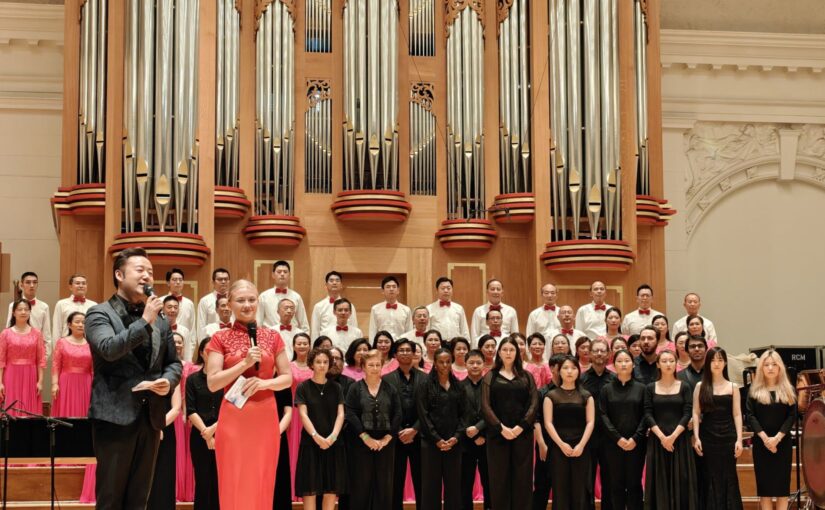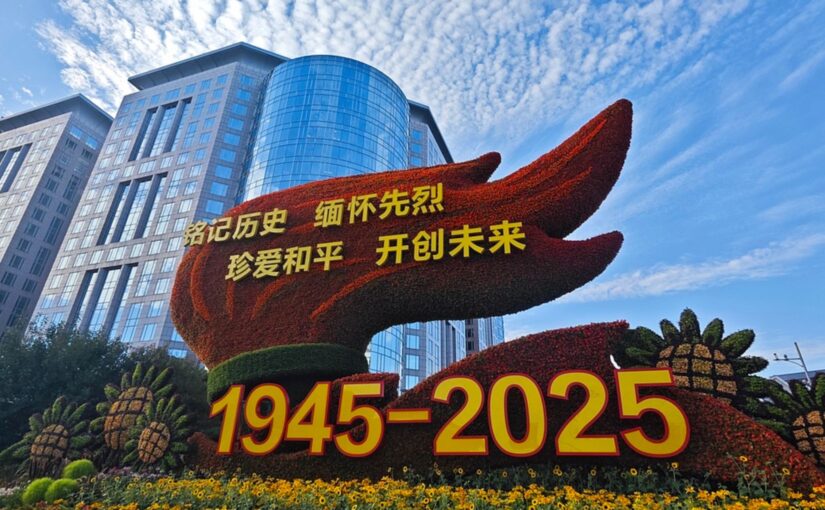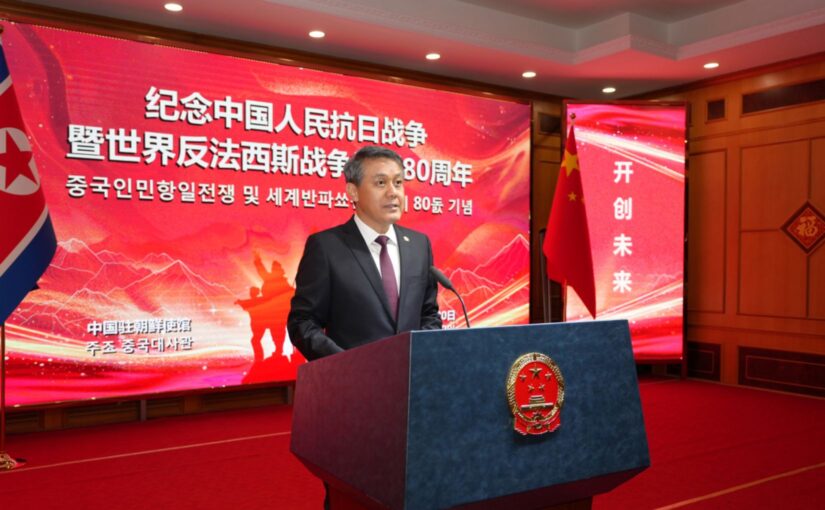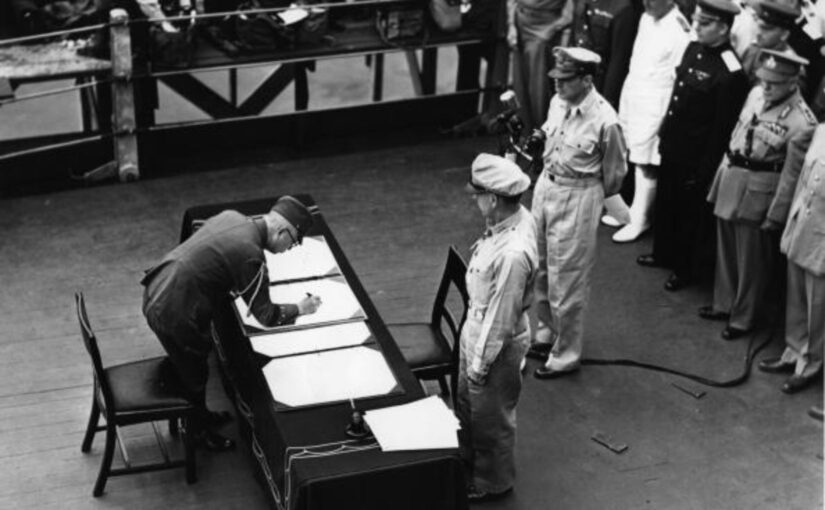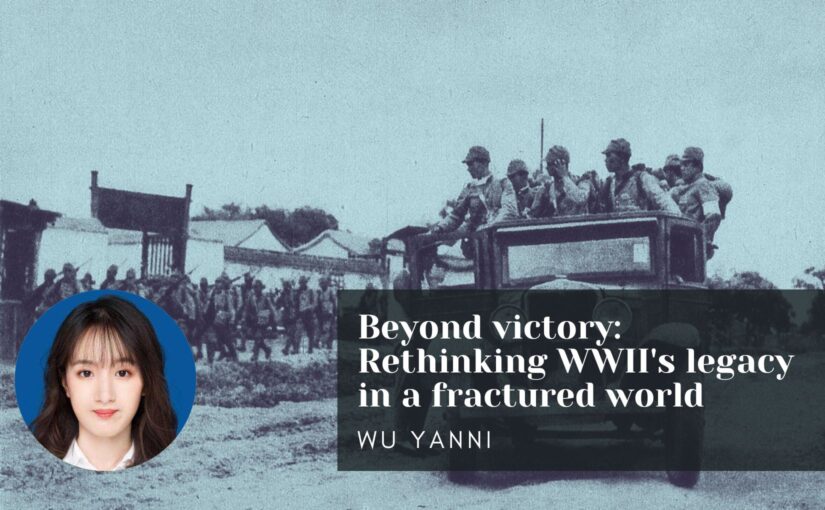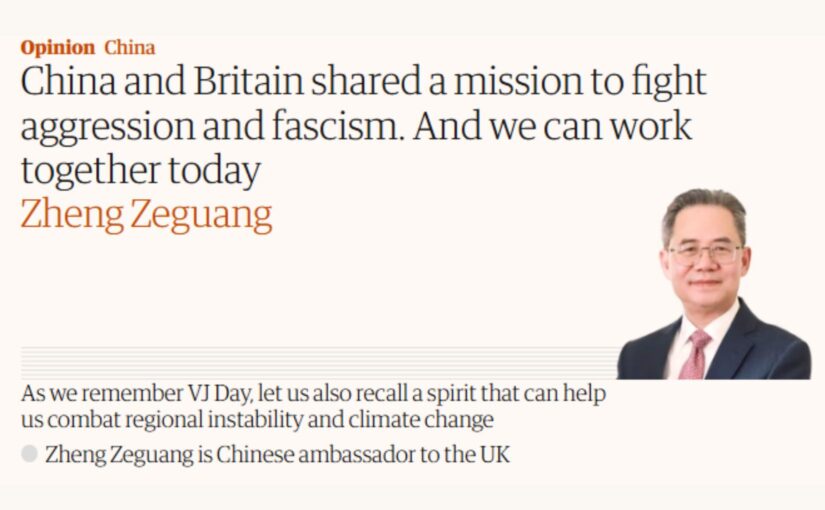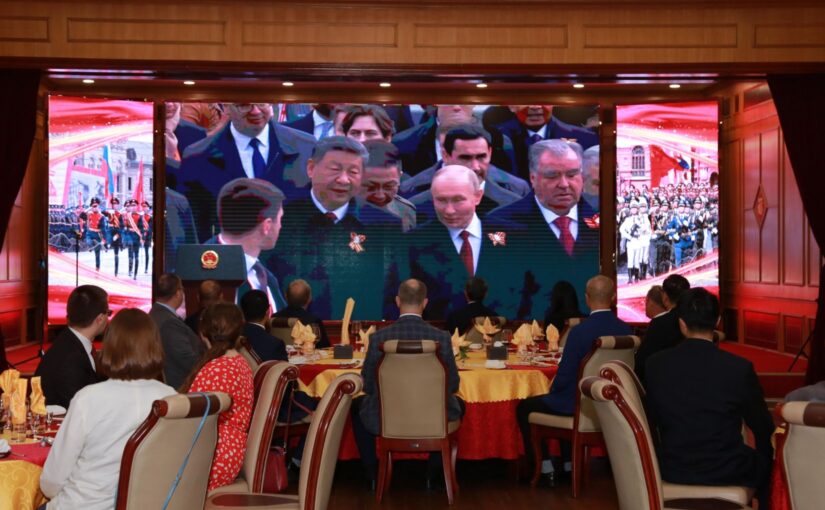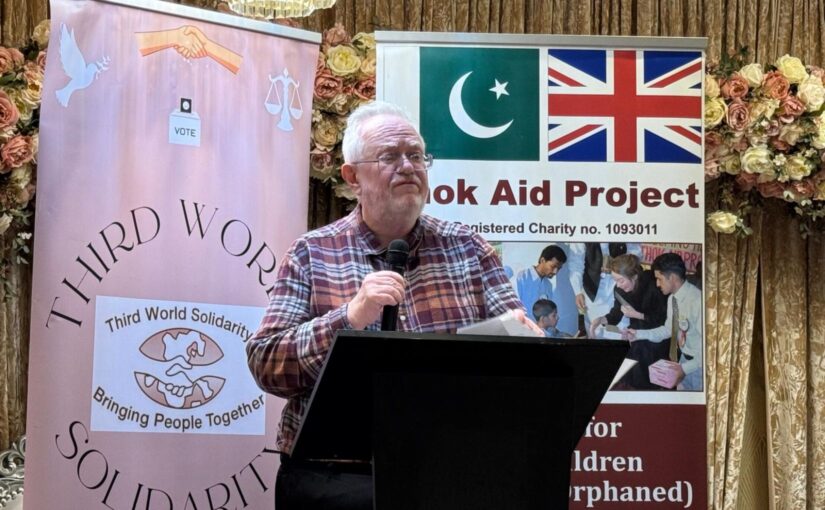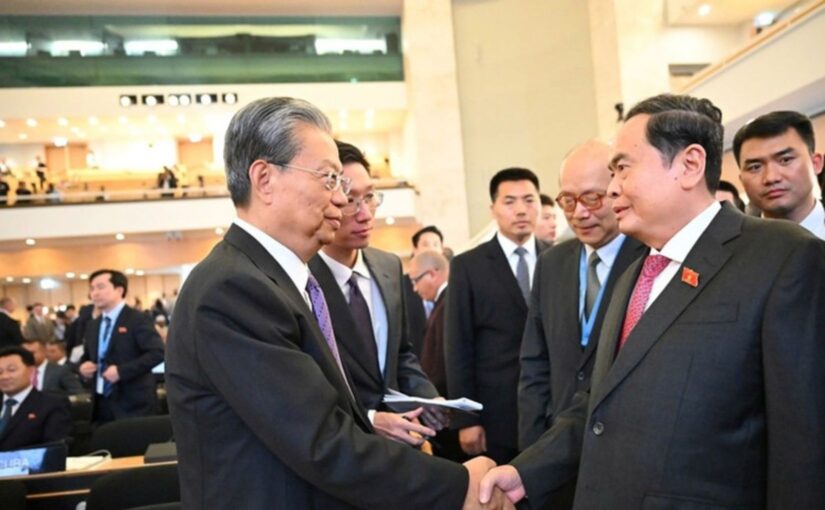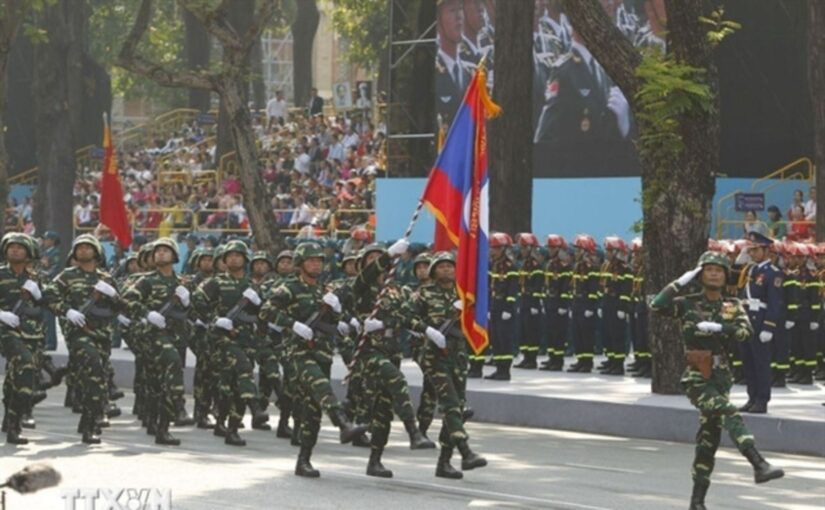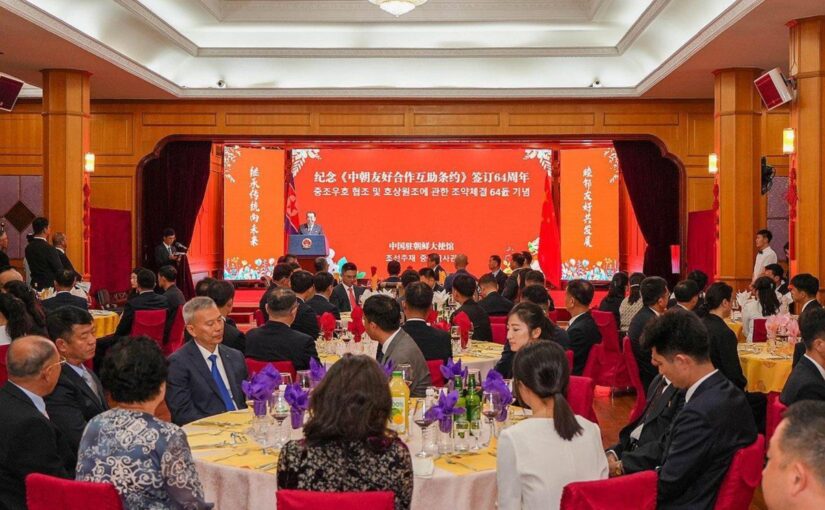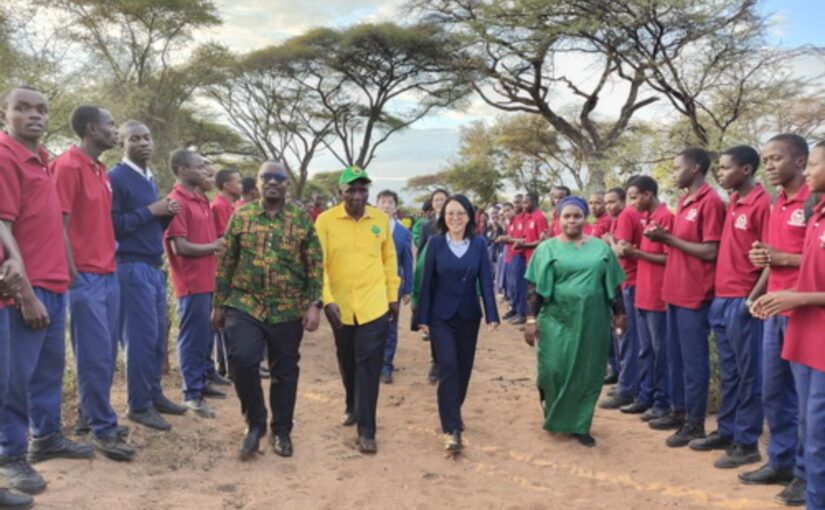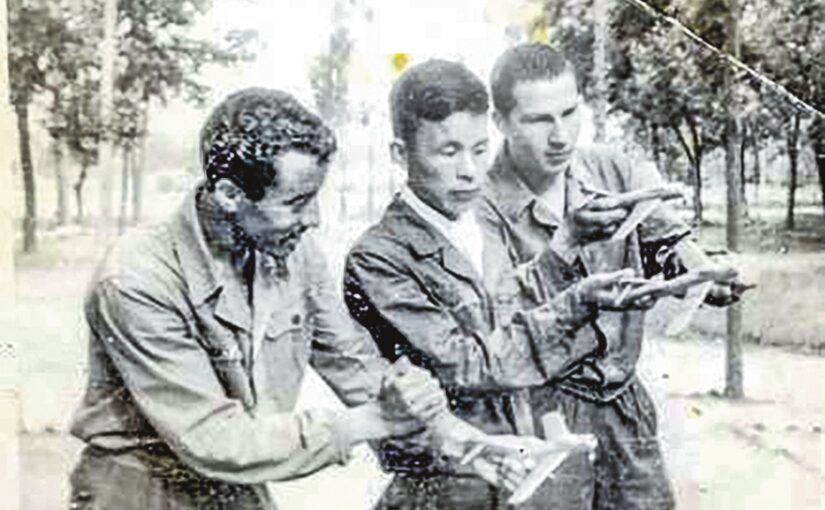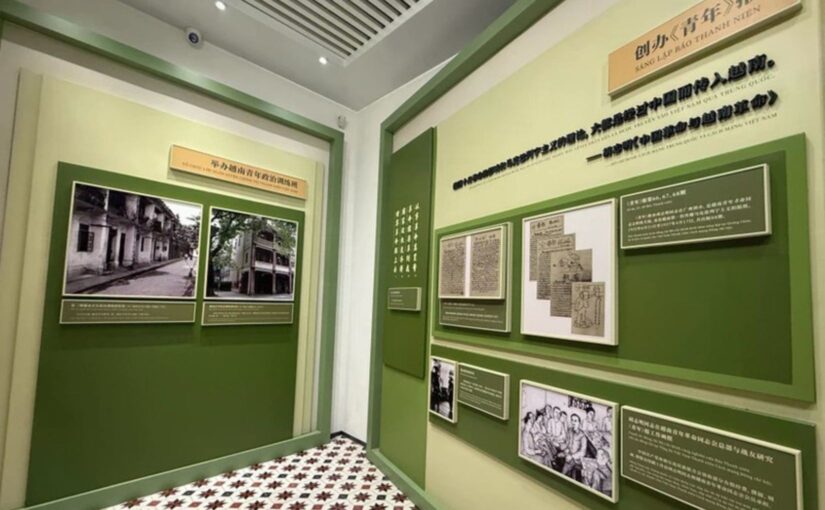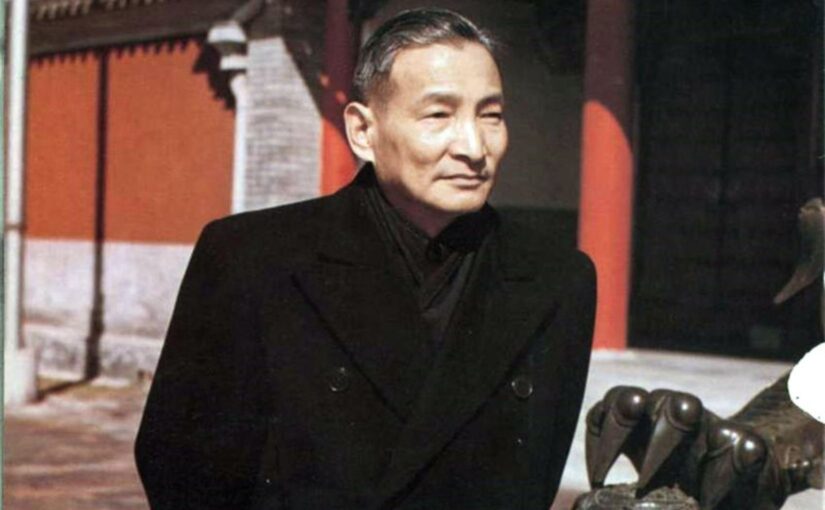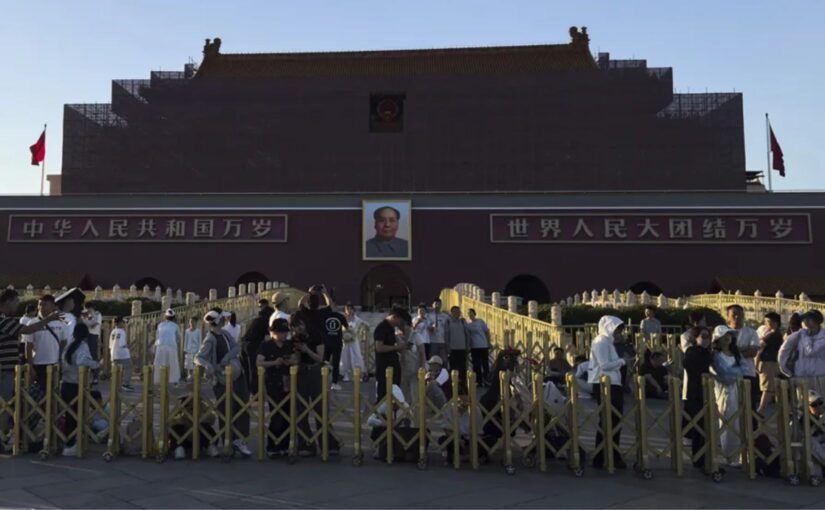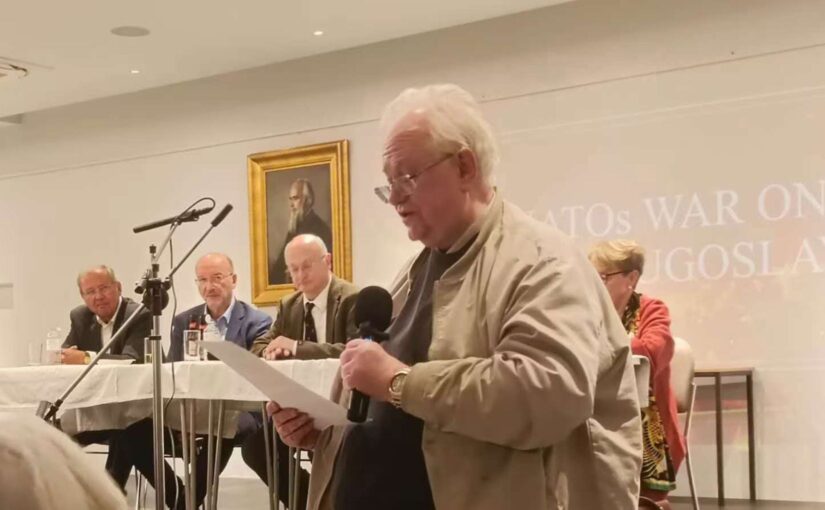In the following contributed article, Stephen Chang of People’s Forum Ltd. (UK) outlines how, far from uprooting the soil in which Japanese militarism and fascism had bred, the United States, as the occupying power following Japan’s surrender 80 years ago, pressed leading war criminals from Emperor Hirohito himself down into the service of its own hegemonic project. As a result, the USA, along with its client state Japan, remains today the greatest threat to peace in the Asia Pacific region. Vigilance is needed.
As we commemorate Japan’s unconditional surrender 80 years ago, on 15 August 1945, which ended WWII in Asia Pacific, we must remain vigilant.
Hirohito, the war time emperor of Japan, was a war criminal who escaped punishment on the insistence of the US. Hirohito was directly and personally involved in the conduct of Japan’s invasion of sovereign nations and the death and atrocities inflicted on millions of civilians during WWII in Asia Pacific. Hirohito’s surrender speech is full of lies, half-truths and distortion of facts about Japan’s declaration, conduct and even surrender of its barbaric war against the people of the Asia Pacific region.
Hirohito, in his surrender speech, referred to Japan’s four years of war in Asia Pacific. This is a blatant lie. Japan invaded and occupied part of northern China, namely the Manchurian region, on 18 September in 1931, attacked and bombed Shanghai in 1932, and expanded its war on the rest of China in 1937. The reference to four years by Hirohito (1941-1945) is a deliberate attempt on the part of fascist Japan to exclude and ignore its invasion and occupation of part of China from 1931 and the atrocities committed in China like the massacre of 300,000 Chinese civilians, men, women and children, in Nanjing in 1937.
Fascist Japan announced its unconditional surrender to the Allied powers (China, Soviet Union, UK and USA) on 15 August 1945 and formally surrendered on 2 September 1945. China declared the end of the Chinese people’s war against the Japanese invaders on 3 September 1945, and the formal ceremony of Japan’s surrender to China took place on 9 September 1945. So, WWII in Asia lasted 14 years, not four years as claimed by war criminal Hirohito, as China forms a large part of Asia and suffered most severely from Japan’s war crimes and atrocities.
Why was Hirohito not tried as a war criminal? Because the USA wanted a fascist puppet regime in the Asia Pacific region to further its post WWII global imperial domination. Hirohito remained emperor of Japan until his death in 1989. In 1971, the UK, a subservient nation to the US, accorded this war criminal the highest honour of an official State Visit. Under Hirohito, and Japan’s post war constitution drafted by the US, Japan became an effective puppet state of the US from the end of WWII to the present time.
We should know that Nobusuke Kishi, Prime Minister of Japan from 1957 to 1960, was the mastermind of Japan exploitative economic and industrial policies in the Manchurian region of China from 1932 following its invasion in 1931, enslaving millions of Chinese for the benefit of Japan. This is also where Japan’s Unit 731, the secret Japanese military testing facility (on live Chinese, Korean, Russian and other men, women and children) for biological warfare was based – in Harbin.
None of the leaders of Unit 731 were prosecuted for war crimes at the insistence of the US, in exchange for full disclosure to the US by Japan of the findings and results of its biological warfare experiments. (Only the Soviet government set up a special military tribunal at Khabarovsk in December 1949 to hold a joint trial of 12 former Japanese army officers on criminal charges relating to Unit 731’s wartime activities.) Unit 731 commanding officer Surgeon General Shiro Ishii, who commanded bubonic plague attacks on the Chinese cities of Changde and Ningbo, was awarded a special service medal by war criminal Hirohito and was granted immunity from war crimes against humanity by the US in 1948. He was subsequently hired by the US to lecture US officers at Fort Detrick on the use of bioweapons and the findings made by Unit 731.
General Dr Masaji Kitano was the second commander of Unit 731 from 1942. He too was granted immunity from war crimes prosecution and released as a POW and repatriated to Japan in 1946. Using his biological warfare knowledge, in 1950 Kitano was a founder of Green Cross Corporation, which became one of Japan’s premier pharmaceutical companies, now known as Mitsubishi Pharma Corporation. Murray Sanders, the US officer who led the US cover-up of Japanese war crimes, became a consultant to Green Cross.
In 1941 Kishi became a member of Japan’s WWII cabinet. He was arrested to face trial as a Class A war criminal on Japan’s surrender. However, the US released him without charges in 1948 and groomed him to be a leader of post war Japan. This war criminal was elected to Japan’s parliament (National Diet) in 1953. With US support, he consolidated Japanese conservatives so as to counter the influence of Japan’s Socialist and Communist parties. In 1955 he was instrumental in the establishment of the Liberal Democratic Party. He was also key to setting up the “1955 System” that provided the basis for the LDP to remain Japan’s dominant party.
Kishi’s (the war criminal turned prime minister of Japan) younger brother, Eisaku Sato, was Japan’s prime minister from 1964 to 1972. Kishi’s grandson, Shinzo Abe, was Japan’s prime minister from 2012 (the start of the Obama/Clinton “Pivot to Asia Pacific” designed to contain China) to 2020.
We should know that today:
- Japan’s military is the fifth largest in the world and based on its current military budget is projected to become the third largest after the US and China.
- The US has 120 active military bases and 55,000 military personnel in Japan.
- Japan is home to the US’ largest and most heavily armed overseas military base.
- The US military is the main and greatest beneficiary from the Japanese WWII Unit 731 biowarfare research on live human beings.
The US, the leader of the “free world” since WWII, self-styled beacon of democracy and human rights, and party to Japan’s war crimes against humanity, is today, together with its puppet client state Japan, the greatest threat to peace in the Asia Pacific region and globally.
While we commemorate the end of WWII 80 years ago, we must remember that the US is the main country in the world that has waged covert and overt wars against sovereign nations in most if not all of the 80 years since the end of WWII.
